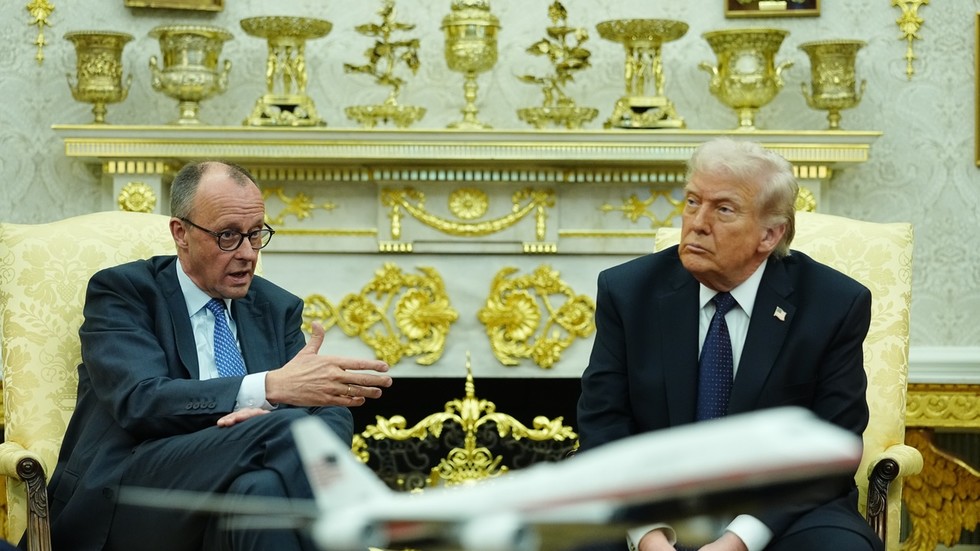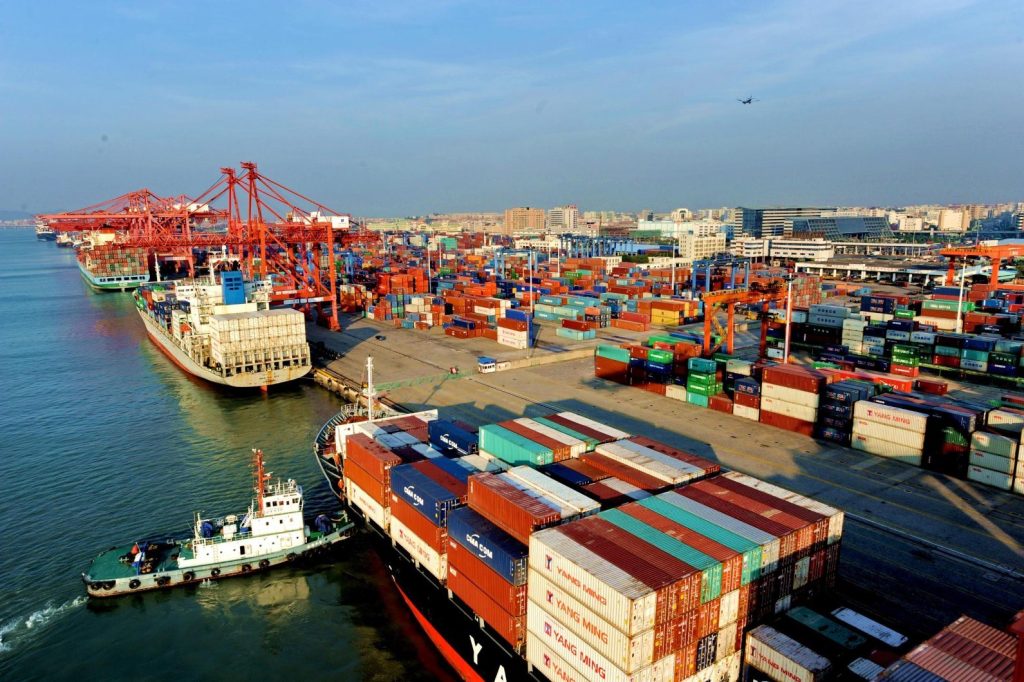The African Democratic Congress (ADC) has pledged to champion transparency and reject political favoritism as Nigeria prepares for the 2027 general elections, signaling a renewed push to attract disillusioned voters. Party leader David Mark reaffirmed the commitment during a youth-focused event in Abuja, emphasizing the ADC’s goal to position itself as a “principled alternative” amid ongoing calls for accountability in Nigerian politics.
Mark, a former Senate President and military administrator, outlined the party’s vision through a representative at the 2025 International Youth Day gathering organized by the ADC’s National Youth Wing. Speaking on his behalf, Salihu Lukman, a former National Vice Chairman of the rival All Progressives Congress (APC), declared that the ADC would prioritize internal democracy and equitable governance. The event, themed “Local Youth Actions for the SDGs and Beyond,” drew political leaders, activists, and youth advocates advocating for sustainable development and institutional reform.
“Under my leadership, ADC will reject imposition, special privileges, and politics without accountability,” Mark stated in his address, read by Lukman. “Our guiding principles will be transparency, fairness, and service to the nation.” The remarks appeared tailored to resonate with younger voters and reformist groups critical of perceived cronyism in Nigeria’s electoral processes.
While Lukman’s role as a representative from the APC raised questions about political alignments, his participation underscored the ADC’s outreach to broader coalitions. Analysts note the party’s renewed strategy to capitalize on growing frustration among Nigerian youth, who comprise over 70% of the population and have increasingly demanded systemic change.
The ADC’s pledges align with broader regional calls to strengthen democratic institutions across Africa, where issues like candidate imposition and opaque governance have fueled voter apathy. Mark, who governed Niger State during military rule, framed the party’s “new chapter” around unity and civic courage, though critics argue past military ties may complicate its reformist image.
As Nigeria’s political landscape evolves, the ADC’s focus on youth engagement and sustainable development goals positions it to challenge dominant parties in the lead-up to 2027. However, observers stress that translating rhetoric into actionable policies will be critical for gaining public trust. With three years until elections, the party faces mounting pressure to demonstrate its capacity to deliver on promises of accountability and equitable representation.



